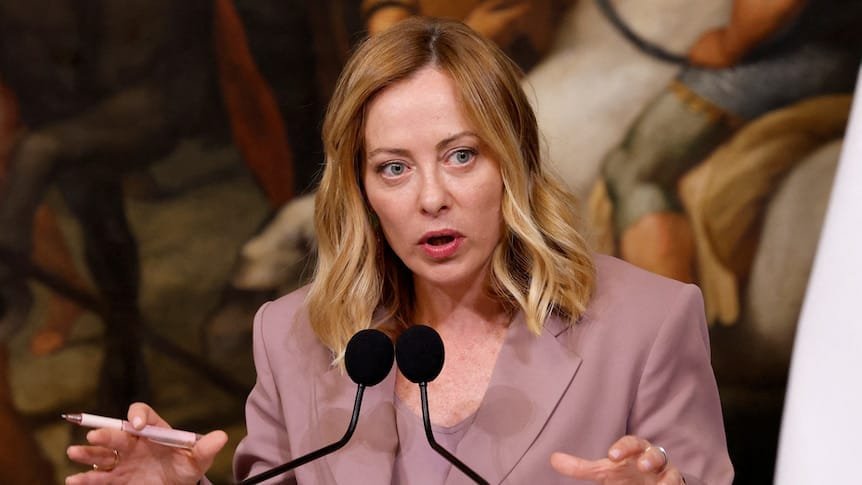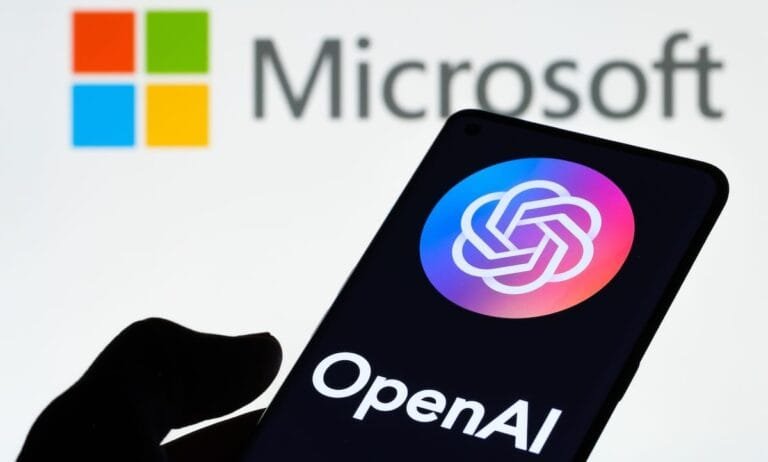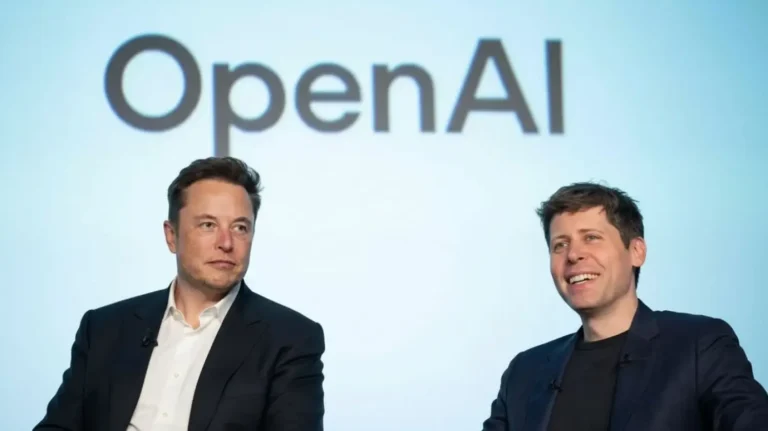
Prime Minister Giorgia Meloni spoke out after becoming a target of online abuse.
Meloni online abuse case exposes Italy’s digital violence problem
At the centre of the incident is an Italian website called Phica. The platform published photos of dozens of high-profile Italian women, including Giorgia Meloni, her sister Arianna, and opposition leader Elli Schlein, without their consent. Someone took the images from their social media accounts or public sources and then passed them off as pornographic and derogatory. The images were accompanied by extremely obscene, sexist and violent comments. The website had been running for several years but the case made national and international headlines when prominent women spoke out and filed police complaints. As Italy’s first female prime minister, Giorgia Meloni speaking out on the issue was a symbolic and important step that established the issue of online violence against women as a serious public concern.
The website and its functioning
The website, named Phicas, which is based on a vulgar word for vagina in Italian, had more than 700,000 subscribers. The platform hosted thousands of perverted photos and videos. A special section called the VIP section targeted high-profile women by featuring many of these photos. Individuals often stole the images from women’s Instagram, Facebook, or other public profiles. They then manipulated the photos to depict sexual poses or highlight body parts. The photos as well as the comments used hateful, violence-inciting and obscene language.
The website was not just a medium to post photos, but it became a platform where men shared such content in groups and spread hatred against women. According to an AP report, in another Facebook group named “Mia Mogli” men shared intimate photos of their wives or unknown women. This group also had more than 32,000 members. After this incident, the administrators of Phica closed the site, accusing the users of misusing the platform. However, critics believe that this step was taken only due to public pressure.
Political and social reaction
After Giorgia Meloni’s statement, a storm of support and outrage arose on this issue from political parties and various sections of society in Italy. Democratic Party (PD) leader Ellie Schlein, who was herself a victim of this attack, called this incident a part of rape culture. She said that people consider such content normal and legitimate online and that it “incites by providing specific outlets to express the worst impulses.” Valeria Campagna, a PD member for the Lazio region, told AFP she “immediately felt angry, disgusted” when she discovered that photos of her for about 18 months were on the site.
She described the incident as a “systemic phenomenon” and stated that a patriarchal culture turns women into “objects to be captured, controlled, and to exercise power.” European MP Alessandra Moretti, who also filed a criminal complaint, stated that such sites incite rape and violence and that authorities should close and ban them. Outrage also came from others, not just politicians. Activists and organisations fighting for women’s rights in Italy have highlighted the phenomenon as a new form of digital violence, just as harmful as physical and sexual violence. She also pointed out that such websites reflect Italy’s deep-rooted patriarchal culture where people commit crimes against women, especially femicide, as a “disproportionate” crime. There are serious problems.
Legal and future action on Meloni online abuse
Giorgia Meloni has demanded legal action in this case. She said that it is important to immediately identify those responsible and punish them with the utmost severity. This is not the first time Meloni has faced such online abuse. In 2024, she had sought symbolic compensation of €100,000 (about ₹90.6 lakh) in a lawsuit against two men who created deepfake pornographic videos using her face. Meloni promised to donate that compensation to a government fund for women victims of domestic violence.
This move shows that Meloni sees this issue as a larger social and political issue rather than a personal vendetta. Her goal is not only to get justice for herself but also to inspire other women to raise their voice against such abuse and take legal action. This incident has also posed a challenge to Italian lawmakers. Experts are questioning the adequacy of existing laws to deal with online violence and digital abuse. They believe that strict and clear laws are needed to prevent such crimes and punish the perpetrators.
Conclusion: Meloni online abuse
The online attack on Giorgia Meloni and the hateful response to her have highlighted the serious issue of digital violence against women in Italy. This incident was not just an attack on a politician but part of a wider pattern of online misogyny and patriarchal culture. Meloni’s solidarity and calls for tough action have brought the issue to the national agenda. The sentence sends a clear message that no one can ignore online abuse any longer.






